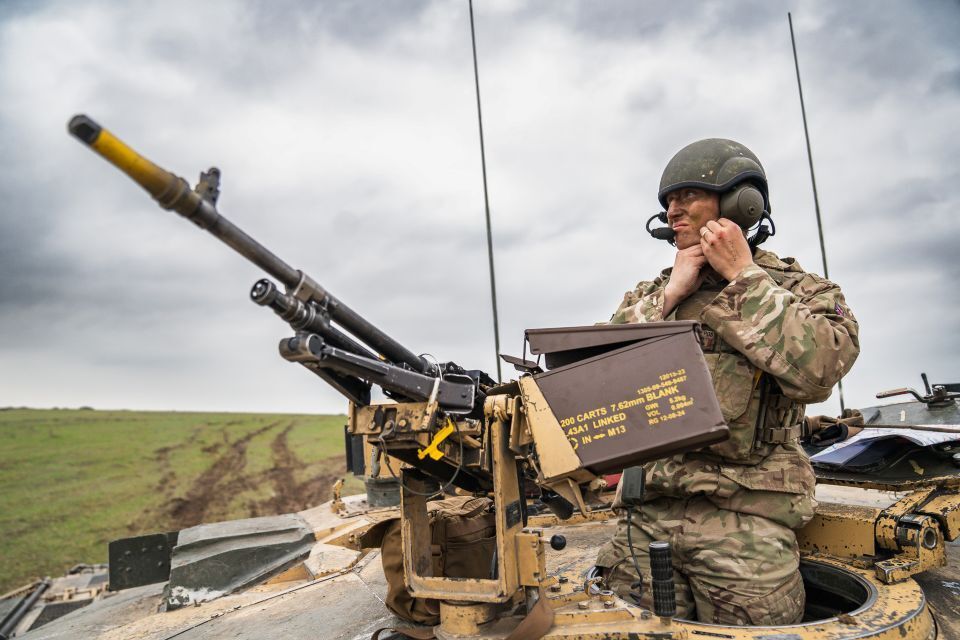QinetiQ explores exploiting data for defence advantage
Above:
Click here to access the QinetiQ report,
Information advantage: turning data into a physical effect
.
Courtesy QinetiQ
The importance of data and information in today’s defence and security landscape is beyond dispute, yet possessing information is not enough. The advantage comes from exploiting that information to produce a physical advantage in the real world.
This is the conclusion of ‘Information advantage: turning data into a physical effect’, a new report from UK headquartered defence and security company, QinetiQ.
The last 10 years has seen a data explosion; the annual volume of data created and replicated worldwide has increased by over 3,000%. Exploring how nations can utilise increasingly sophisticated analytics and interconnectivity, the report underlines the significant difference between knowing the importance of information and actually leveraging it in a real operational environment to generate a sustained strategic advantage. The report recommends that the use of data to create physical advantage should be central to any military data strategy.
As Vicki Seward, Global Campaign Director, Information Advantage at QinetiQ explained: “More information is never a guarantee of better outcomes. It is naïve to assume that greater data availability delivers greater advantage on the ground. How that data is managed, mastered and integrated to achieve real-world outcomes is where the real opportunity lies.”
Mastering the information advantage
Exploring the challenges associated with this shift, the report calls for conventional defence and security approaches to make data the primary consideration. But to achieve this, the report recognises there are two fundamental issues:
- Innovation and technological progress needs to accelerate to keep pace with data growth
- The gap between information and real-world effect needs to be bridged
The report explores how best to approach these issues by considering similar changes that have taken place in commercial, information-driven organisations. Drawing on the experiences of giants such as Amazon and Ocado, it provides insight into how these organisations have made data a golden thread running through several areas of their business and ultimately delivered in an information advantage that can be exploited in the physical world.
Vicki said: “An information-first approach, such as those driving the complex infrastructure behind commercial behemoths, is one we should adopt in defence. Whilst drawing analogies from e-commerce and logistics businesses has its limits in our sector, we cannot dispute that the data they collate and integrate results in real world effect and creates an exploitable information advantage.
"Warfighters should be equally capable of capitalising on an information advantage in real operational situations, but insufficient interoperability between systems is currently a huge barrier to achieving this goal.”
Exploring key issues such as data validity, advanced analytics, interoperability and trust, the report makes a series of strategic recommendations, describing the practical and cultural steps military leaders should consider as they seek to achieve meaningful advantage from increasing volumes of data.
“To win the information advantage, defence must not only match the capability available to adversaries but exceed it.,” says Seward. “This requires disruptive change, embracing continual innovation and creativity; information advantage is not a destination but a never-ending race. The key to sustaining an information advantage over time is the ability to evolve and adapt, exploiting data to produce an advantage in the physical world.”












